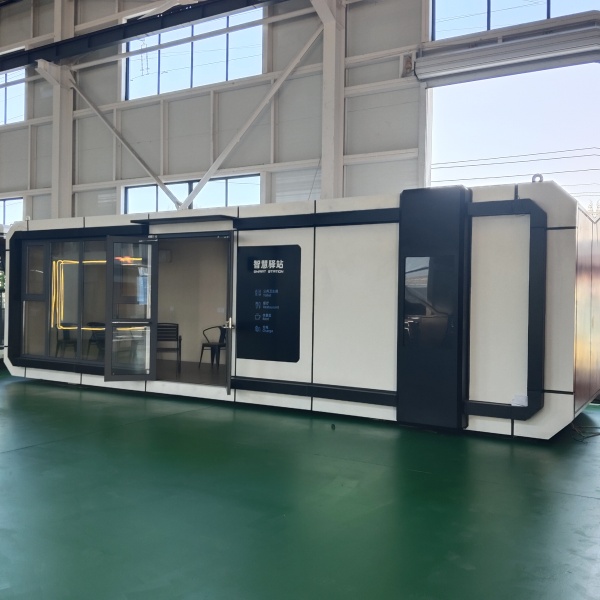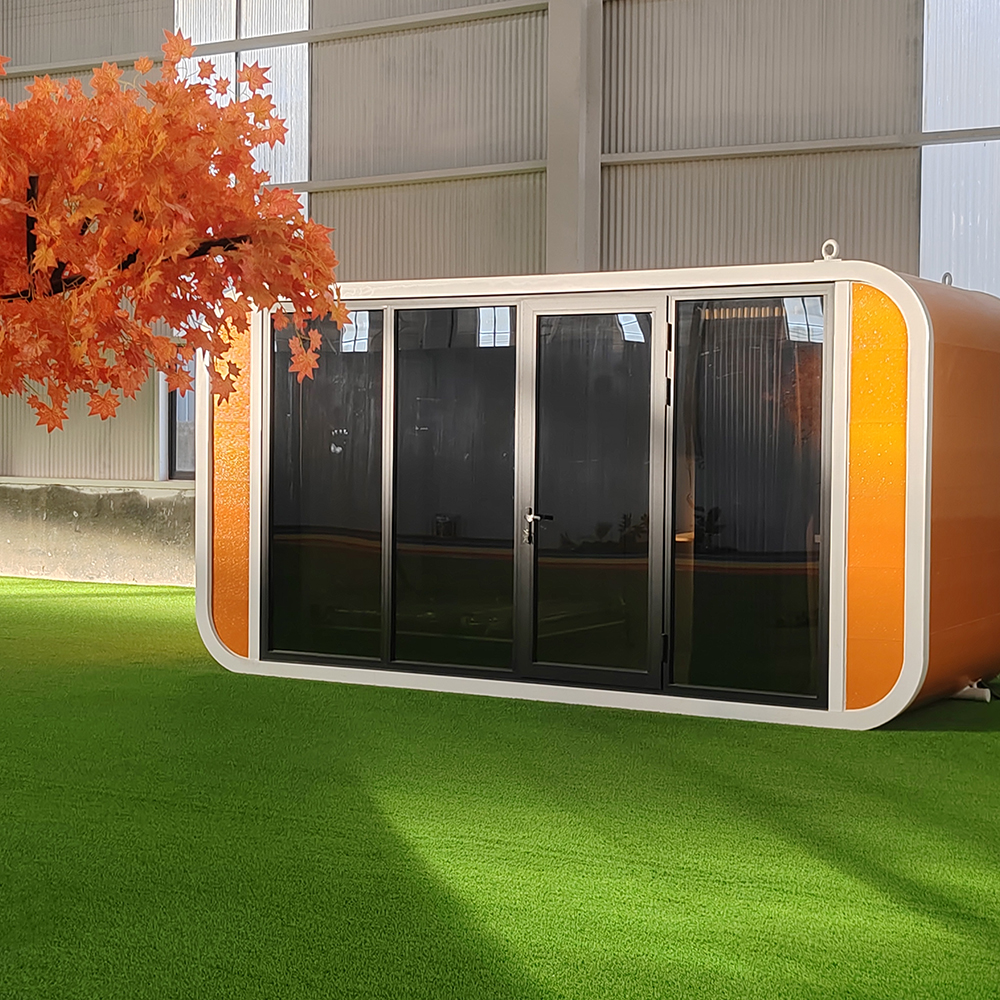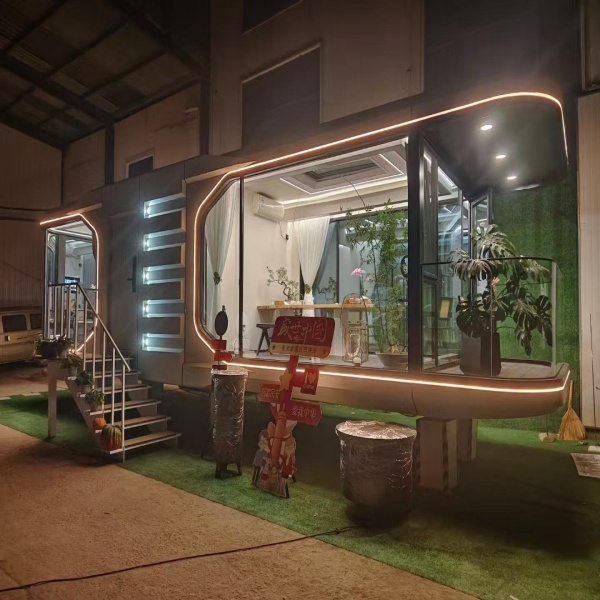-
E-mail
Austin120521@outlook.com -
E-mail
sales@jujiuhouse.com -
Telephone
+86-17864099991 -
Telephone
+86-17854044442
- Chinese
- French
- German
- Portuguese
- Spanish
- Russian
- Japanese
- Korean
- Arabic
- Irish
- Greek
- Turkish
- Italian
- Danish
- Romanian
- Indonesian
- Czech
- Afrikaans
- Swedish
- Polish
- Basque
- Catalan
- Esperanto
- Hindi
- Lao
- Albanian
- Amharic
- Armenian
- Azerbaijani
- Belarusian
- Bengali
- Bosnian
- Bulgarian
- Cebuano
- Chichewa
- Corsican
- Croatian
- Dutch
- Estonian
- Filipino
- Finnish
- Frisian
- Galician
- Georgian
- Gujarati
- Haitian
- Hausa
- Hawaiian
- Hebrew
- Hmong
- Hungarian
- Icelandic
- Igbo
- Javanese
- Kannada
- Kazakh
- Khmer
- Kurdish
- Kyrgyz
- Latin
- Latvian
- Lithuanian
- Luxembou..
- Macedonian
- Malagasy
- Malay
- Malayalam
- Maltese
- Maori
- Marathi
- Mongolian
- Burmese
- Nepali
- Norwegian
- Pashto
- Persian
- Punjabi
- Serbian
- Sesotho
- Sinhala
- Slovak
- Slovenian
- Somali
- Samoan
- Scots Gaelic
- Shona
- Sindhi
- Sundanese
- Swahili
- Tajik
- Tamil
- Telugu
- Thai
- Ukrainian
- Urdu
- Uzbek
- Vietnamese
- Welsh
- Xhosa
- Yiddish
- Yoruba
- Zulu
- Kinyarwanda
- Tatar
- Oriya
- Turkmen
- Uyghur

foldable mobile container house
The Transformative Potential of Foldable Mobile Container Houses
Foldable mobile container houses are revolutionizing the way we think about temporary and permanent housing solutions. Flexible, efficient, and sustainable—they offer something both the traditional housing market and those in emergency relief efforts have long been searching for.
Understanding the Basics
When you hear foldable mobile container house, the imagination often runs wild. Some might picture flimsy structures easily tossed by the wind, while others think of innovative homes with the potential for luxury. The essence, however, revolves around their practicality—providing quick setup with significant durability. Shandong Jujiu Integrated Housing Co., Ltd. is a key player in this sector, pushing the boundaries of what these structures can achieve. Their insight into materials and design speaks volumes, providing efficient solutions without sacrificing quality.
Typically, these houses are pre-manufactured in factories such as those run by SHANDONG JUJIU INTEGRATED HOUSING CO,LTD. They then go through a folding process, which enables compact shipping. When they reach their destination, they're unfolded and set up. This process significantly reduces transportation costs and carbon footprint, making it an environmentally friendly option.
It's important to note that not all foldable mobile container houses are created equal. Factors such as insulation, sustainability, and structural integrity depend largely on the materials used. SHANDONG JUJIU’s approach, combining research and robust engineering, sets a benchmark in this regard.
The Unforeseen Challenges
Though promising, these foldable houses aren't without challenges. A major one involves local regulations. Many regions have strict building codes that can limit where and how these structures can be used. While companies like SHANDONG JUJIU work tirelessly on optimizing design for broad compliance, it remains a hurdle.
Another point of contention lies in public perception. While some communities embrace the innovative nature of foldable mobile container houses, others are skeptical. The appearance often associated with temporary solutions carries stigma, impacting acceptance. This is an area requiring careful advocacy and demonstration of their benefits in real-world contexts.
Technical issues can also arise. For instance, the precision needed in the folding process means that any discrepancy in production can lead to structural vulnerabilities. SHANDONG JUJIU’s factories, equipped with advanced technologies, ensure precision to mitigate such risks, yet challenges persist.
Case Studies and Real-World Implementation
The practicality shines brightest when these homes are put to use. Whether in disaster-stricken regions or as swift setups in need of housing designers from SHANDONG JUJIU showcase how these homes meet diverse needs. A recent project involved setting up a sizable foldable housing community following a natural calamity, demonstrating both swift deployment and resilience.
The feedback loop from such deployments is invaluable. Each project informs future designs, optimizing for better insulation, comfort, and ease of assembly. These insights fuel their R&D department, ensuring continuous improvement and adaptation to evolving needs.
One particular case noted involved setting up utility units alongside the living spaces. These units serve as community centers, power hubs, and even emergency medical stations, showcasing the adaptability of the foldable structures.
Environmental and Economic Impacts
Emphasizing sustainability, foldable mobile container houses offer considerable benefits. The production processes in facilities like those of SHANDONG JUJIU aim for minimal waste. This strategy not only helps the environment but also reduces costs significantly, an attractive prospect for budget-conscious projects.
Economically, the appeal extends beyond just the initial savings. Maintenance costs are low due to the durability and ease of repair. Many organizations and governments see these as long-term investments, especially in volatile climates susceptible to natural disasters.
Environmental benefits also include excellent insulation, reducing energy consumption for heating and cooling. Moreover, the materials used by leading firms comprise largely recyclable components, further narrowing their environmental footprint.
The Future Outlook
As technological advancements continue, the scope of foldable mobile container houses will undoubtedly expand. Companies like SHANDONG JUJIU are crucial in this evolution, embracing innovation at every step. Looking ahead, integration with smart home technologies and energy-efficient processes stands out as an exciting prospect.
The affordability, convenience, and sustainability of these homes will likely garner even broader acceptance. The industry's journey is far from complete but is certainly moving in a promising direction.
So, whether you're intrigued by the tech, the sustainability, or pure curiosity, it's worth keeping an eye on developments in this field. With companies like SHANDONG JUJIU leading the charge, the future of housing is indeed an exciting canvas. For more insights, their website (https://www.jujiuhouse.com) offers a comprehensive look into their innovations and projects.
Related products
Related products
Best selling products
Best selling products-
 Dual-Wing Folding Container House: Fast Assembly, Space-Saving & Multi-Scene Adaptable
Dual-Wing Folding Container House: Fast Assembly, Space-Saving & Multi-Scene Adaptable -
 Good Quality Modular Homes Prefabricated House Expandable Container House 20FT Mobile Flat Roof House
Good Quality Modular Homes Prefabricated House Expandable Container House 20FT Mobile Flat Roof House -
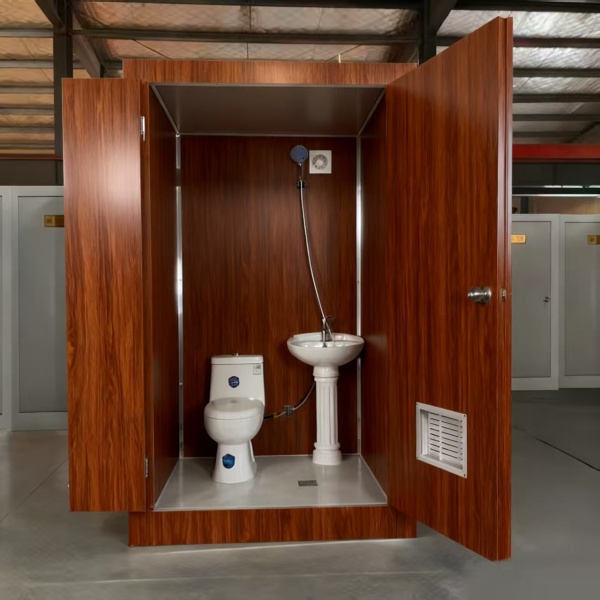 Portable outdoor camping bathroom, mobile toilet, prefabricated modular villa & rental of outdoor and indoor showers
Portable outdoor camping bathroom, mobile toilet, prefabricated modular villa & rental of outdoor and indoor showers -
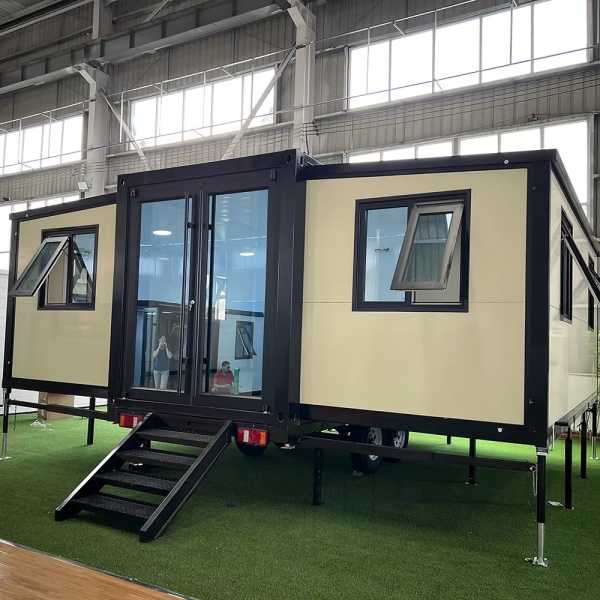 Stair Access Double Wing Expandable Container House | Easy Installation Mobile Office
Stair Access Double Wing Expandable Container House | Easy Installation Mobile Office -
 High-quality Double-wing Folding Container House with Doors and Windows, Insulated Walls, Suitable for Various Scenarios.
High-quality Double-wing Folding Container House with Doors and Windows, Insulated Walls, Suitable for Various Scenarios. -
 Movable Prefabricated Container House Villas Modular Portable Homes 1 Bedroom Container House Offices Apartments
Movable Prefabricated Container House Villas Modular Portable Homes 1 Bedroom Container House Offices Apartments -
 Reasonable Price 1 Bedroom Modular Container House Folding Container Home for Villa or Apartment Use
Reasonable Price 1 Bedroom Modular Container House Folding Container Home for Villa or Apartment Use -
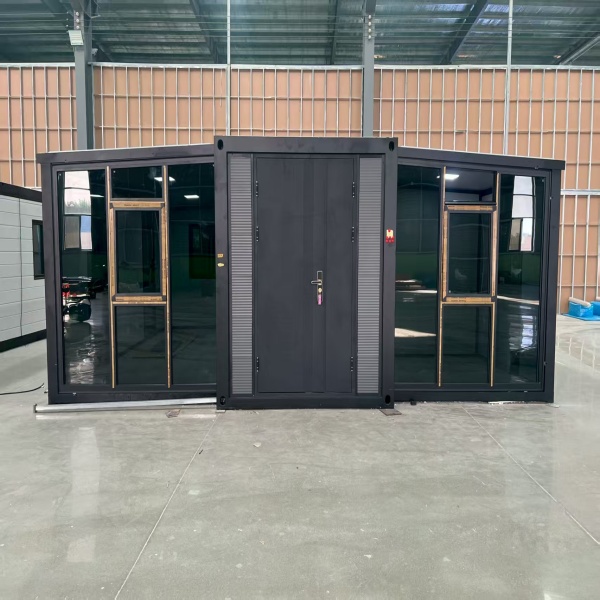 Customizable Office Mobile Home with Flat Roof and Double Wing Expansion Box, Convenient Container
Customizable Office Mobile Home with Flat Roof and Double Wing Expansion Box, Convenient Container -
 Waterproof folding container house – mobile accommodation for campsites/scenic spots
Waterproof folding container house – mobile accommodation for campsites/scenic spots -
 Factory Direct Sales Office Folding Container Luxury House Living Container House
Factory Direct Sales Office Folding Container Luxury House Living Container House -
 The foldable container house with side wing design can be quickly set up and is suitable for various environments.
The foldable container house with side wing design can be quickly set up and is suitable for various environments. -
 A container house with a terrace and double-wing folding design, suitable for various purposes such as offices, meeting rooms, living rooms, etc.
A container house with a terrace and double-wing folding design, suitable for various purposes such as offices, meeting rooms, living rooms, etc.










